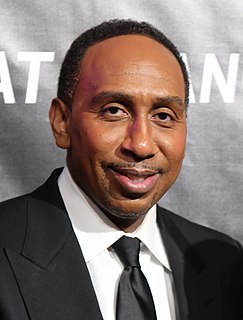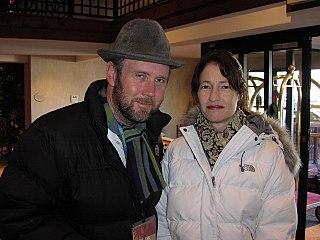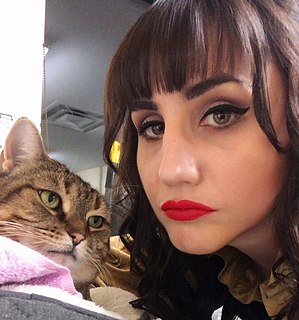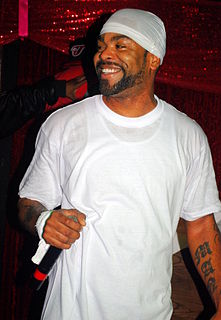A Quote by Tilda Swinton
I think that's true of all cinema, that's why cinema is the great humanistic art form. Whatever the film is, it doesn't matter what the film is about, or even whether it's a narrative or figurative film at all, it's an invitation to step into somebody else's shoes. Even if it's the filmmaker's shoes filming a landscape, you go into somebody else's shoes and you look out of their lens, you look out of their eyes and their imagination. That's what going to the pictures is all about.
Related Quotes
In narrative cinema, a certain terminology has already been established: 'film noir,' 'Western,' even 'Spaghetti Western.' When we say 'film noir' we know what we are talking about. But in non-narrative cinema, we are a little bit lost. So sometimes, the only way to make us understand what we are talking about is to use the term 'avant-garde.'
When I make a film, I never stop uncovering mysteries, making discoveries. When I'm writing, filming, editing, even doing promotional work, I discover new things about the film, about myself, and about others. That is what I'm subconsciously looking for when shooting a film: to glimpse the enigmas of life, even if I don't resolve them, but at least to uncover them. Cinema is curiosity in the most intense meaning of the word.
More than my other films, Uncle Boonmee is very much about cinema, that's also why it's personal. If you care to look, each reel of the film has a different style - acting style, lighting style, or cinematic references - but most of them reflect movies. I think that when you make a film about recollection and death, you have to consider that cinema is also dying - at least this kind of old cinema that nobody makes anymore.
I think that when you put yourself, as actors have to do, in other people's shoes, when you have to put on the costume that someone else has worn in their life, it gets much, much harder to be prejudiced against them and even to be - to not try to look at the world in a sense of "I'm not going to judge somebody. I'm going to try to understand who they are and what they're about."
To me, a revolutionary film is not a film about a revolution. It has a lot more to do with the art form. It's a film that is revolting against the old established language of cinema that had been brainwashing the people for decades. It is a film that is trying to find ways to use sound and image differently.
I'm able to lead my life as well as make a film. My wife and my friends and people around me know that I do tend to distance myself a little bit during the making of a film, but I have to, it's a natural part of the process for me because you are indulging in the headspace of somebody else, you are investing in the psychology of somebody else and you are becoming somebody else, and so there isn't enough room for you and that somebody else.
I find that’s one of the great things about acting-you have the opportunity to stand in somebody else’s shoes. Each character faces a dilemma in her life, and as an actor you’re able to step into that character’s skin, look through her eyes. You leave transformed, a different person, because once you live a little bit of someone’s life, it changes you.




































